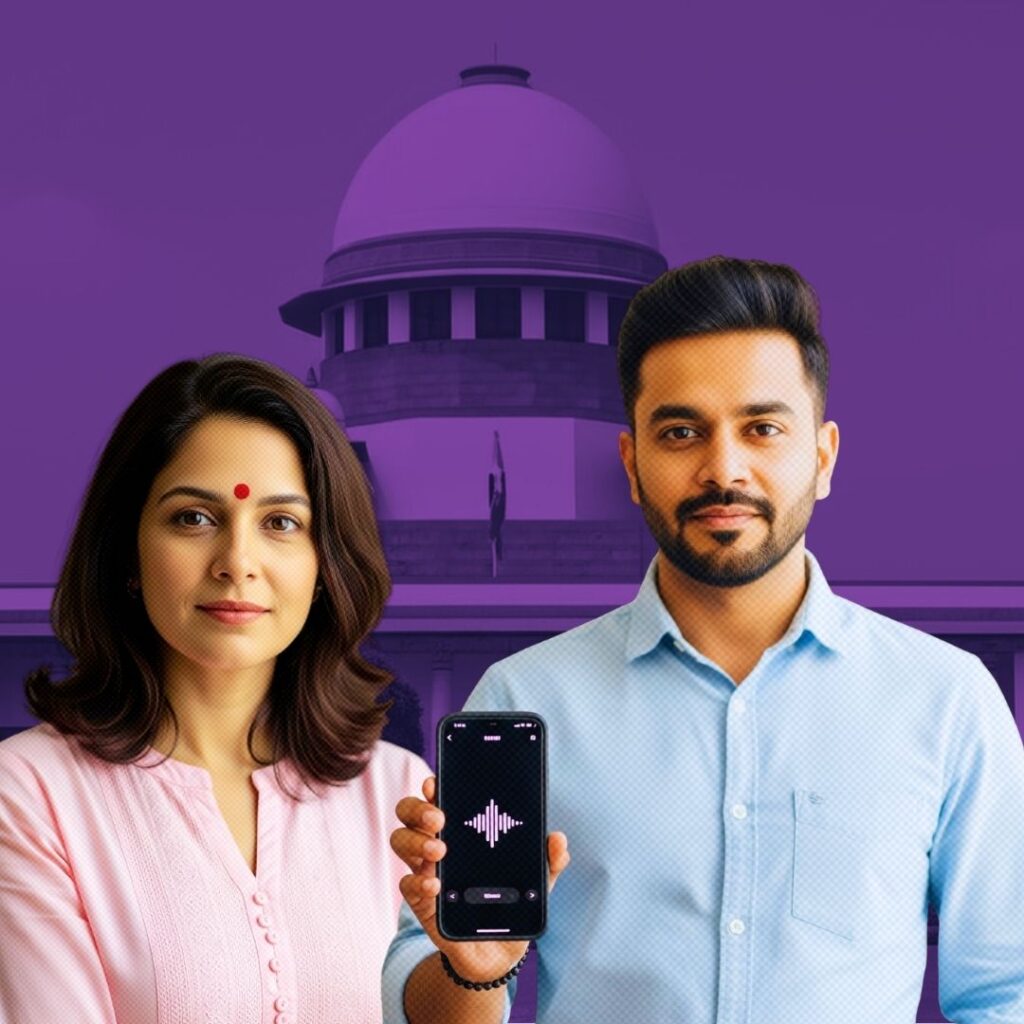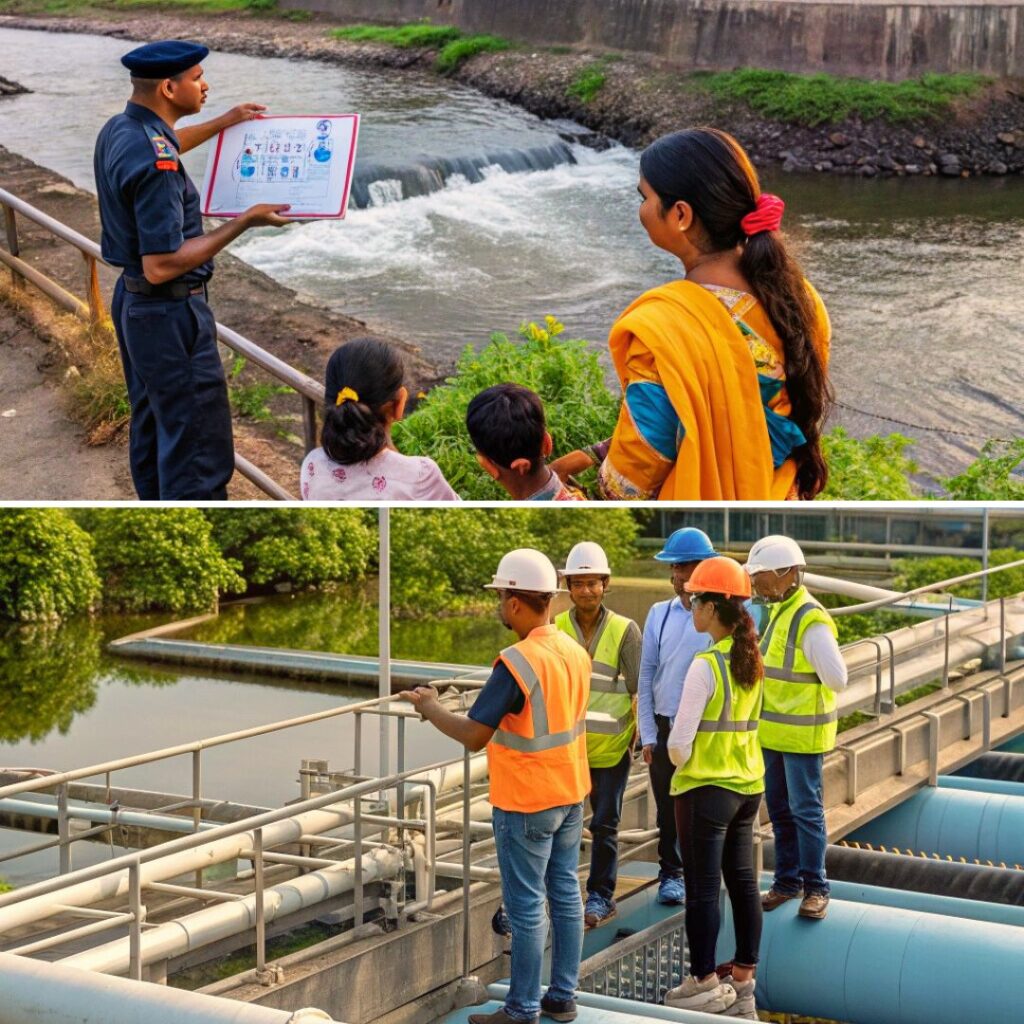Every day hundreds of people lose their lives owing to road accidents in India. Apart from the loss of human life, dependants of victims often do not get the actual amount of accident claims. In a verdict intended to provide “just” compensation to the claimants, the SC ruled that the compensation to be issued by the insurance companies will be based on the future prospects of the deceased person.
“Future prospects” will be considered while deciding the amount of compensation in fatal motor accidents claims for self-employed and fixed-income victims, a five-judge constitution bench said on Tuesday, said a report by The Indian Express. The future prospects, in this case, refers to what the claimants would earn in terms of the increase in income if they were alive.
This order indicates a much-needed break from the earlier practise, where future prospects were only considered for accident claims of those victims who had a permanent job and a secured scope for increase in salary. The court standardised the computation of the accident claims in case of fatal accidents as well.
The five-judge constitution bench was headed by CJ Deepak Mishra. The bench comprised Justices A.K. Sikri, A. M Khanwilkar, D Y Chandrachud and Ashok Bhushan. The bench was faced by vexing questions that whether the dependants of a road accident victim, who was either self-employed or working on a fixed salary in a private or unorganised sector can get enhanced compensation after addition of a certain percentage of the salary drawn by the deceased under the head of future prospect.
This ruling settles the controversy of the various contradictory ruling on compensation for accident claims by other SC benches.
Standardisation of computation of compensation
The apex court said it is a wrong perception that compensation under the head of future prospects should not be given if the deceased was self-employed or had a fixed job. It, however, agreed compensation for future prospects should not be equal for all. The compensation of accident claims for ones who had a permanent job must have a higher compensation than the ones who were self-employed or had a fixed salary. The amount of compensation of accident claims capped under the head of permanent job is fixed at 50%, while 40% is in case of self-employment or fixed salary.
While accepting the policy of standardisation, it said, “while determining the income, an addition of 50% of actual salary to the income of the deceased towards future prospects, where the deceased had a permanent job and was below the age of 40 should be made. The addition should be 30% is the deceased was between 40 to 50 years, in case the deceased was between the age of 50 to 60 years, the addition should be 15%. Actual salary should be salary after deducting tax.”
The percentage of salary or income of a person to be added in case of a person working in private sector or self-employed which would be computed under the head of future prospects was fixed. Determining the income while computing the compensation must include future prospects. This had been directed so that the method of computing the income comes under “the ambit and sweep of just compensation” as elaborated in the Motor Vehicles Act.
According to a report by the India Today, the bench further said, “We are inclined to think that there can be some degree of difference as regards the percentage that is meant for or applied to in respect of the legal representatives who claim on behalf of the deceased who had a permanent job than a person who is self-employed or on a fixed salary. But not a apply the principle of standardisation on the foundation of perceived lack of certainty would tantamount to remaining oblivious to the marrows of ground reality.”
The top court also pointed out that the amount to be paid to the dependants under the heads of loss of consortium, funeral expenses, and loss of estates respectively is Rs 40,000, Rs 15, 000 and Rs 15,000. The amounts under these heads would be increased by 10% every three years. In a 49-page verdict, the apex court said.
The judgement comes after a batch 27 petitions, including one filed by the National Insurance Company Ltd against the Punjab and Haryana High Court. The insurance company raised a common issue, whether a “standard threshold” amount can be fixed under the head of “future prospects” while awarding compensations to dependants of the deceased.
Benefit for the dependants of victims above 50 years of age
The judgement extended its benefits for the age group 50-60 as well, both for self-employed as well as the employees of private organisations. Currently, under the head of future prospects, this age group is not considered when it comes in case of victims above 50 years. The court further added that the concept of victim’s income remaining static and stagnant goes against the fundamental attitude of human life which intends to dynamic and move along with the change of time.
Former …











